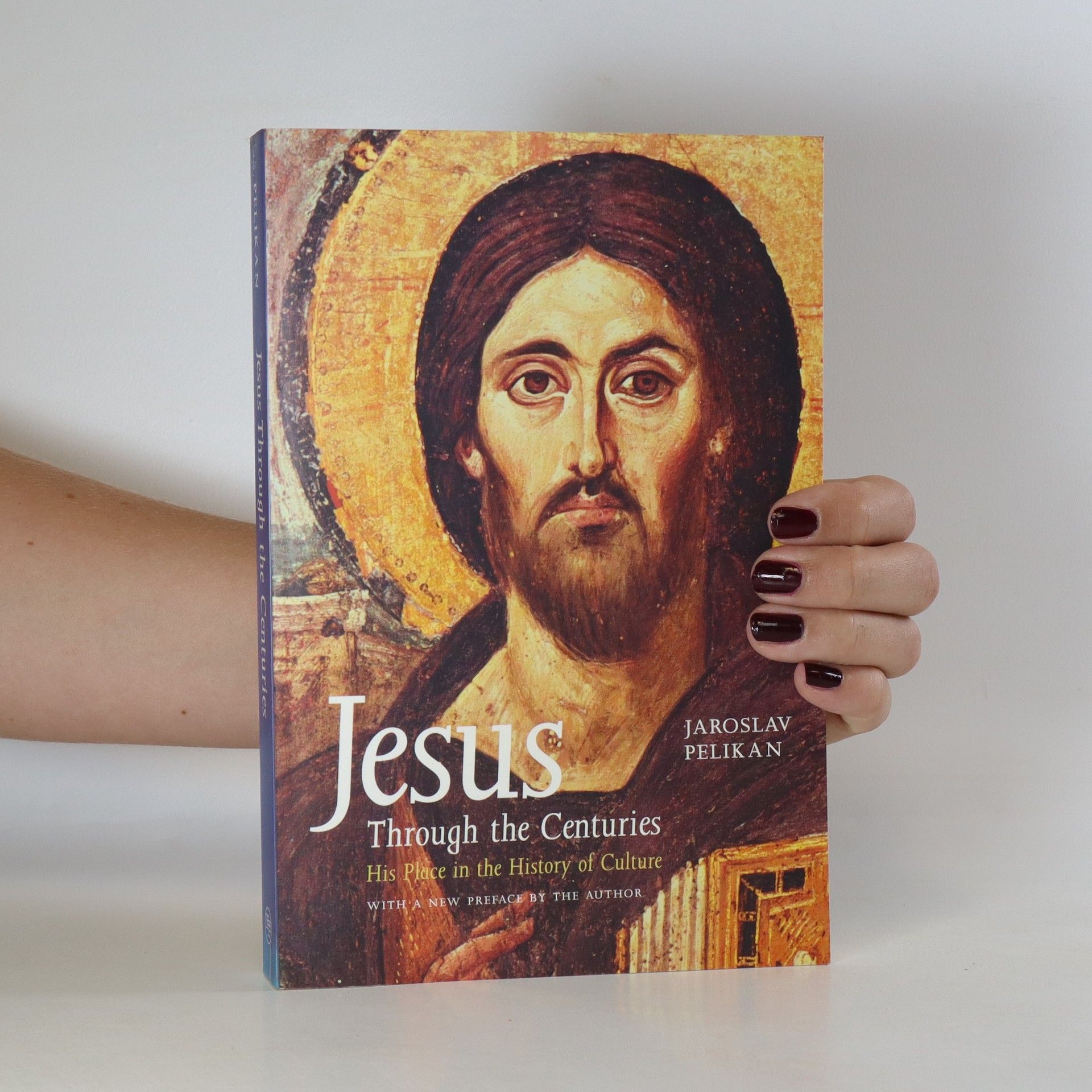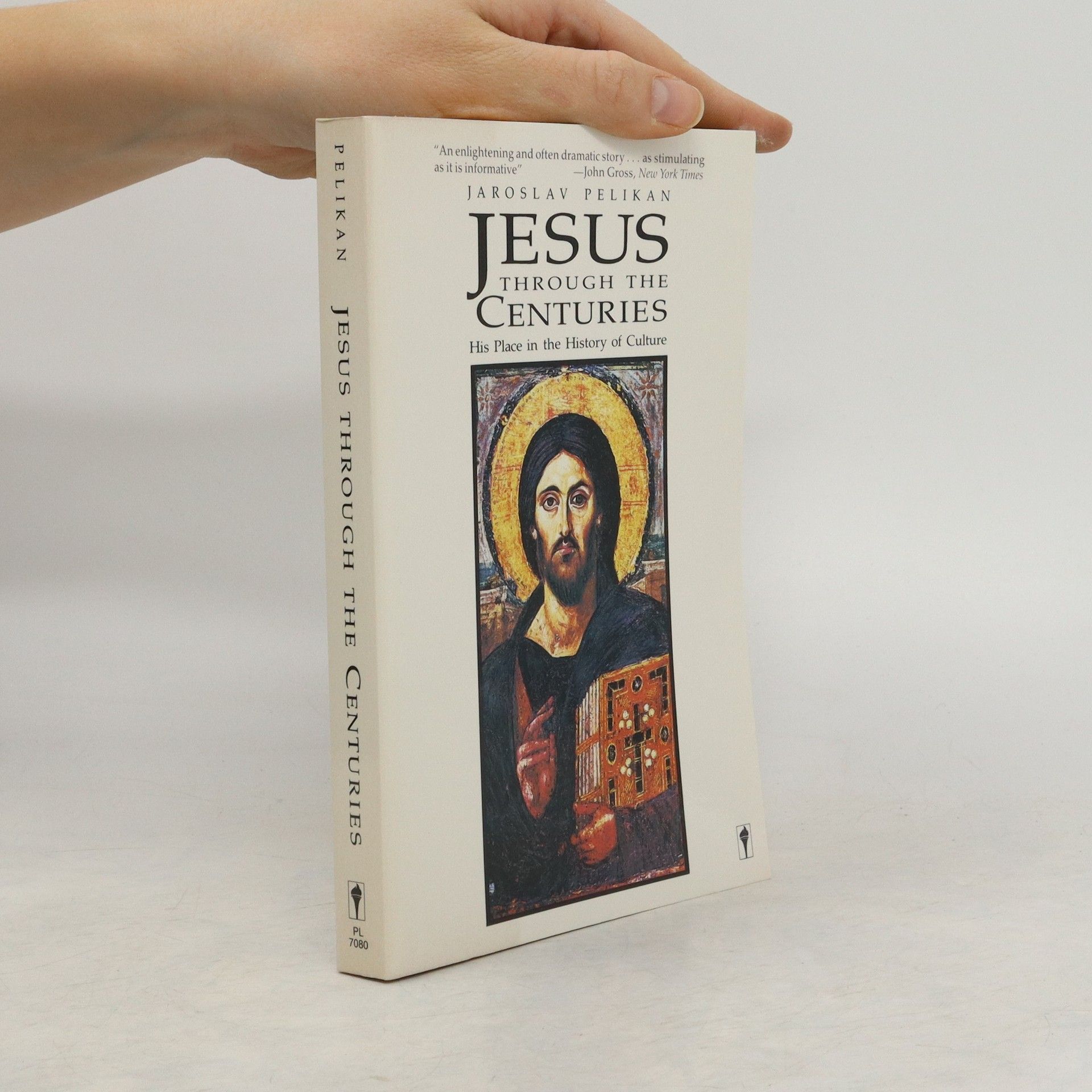Jaroslav Pelikan Bücher
Jaroslav Pelikan war ein produktiver Autor und Historiker der christlichen Lehre, dessen Werk sowohl westliche als auch östliche theologische Traditionen umfasste. Seine umfangreichen Studien untersuchten die Entwicklung des christlichen Denkens über Jahrhunderte hinweg und reichten oft über akademische Kreise hinaus, um ein breites Lesepublikum anzusprechen. Pelikan besaß ein tiefes Verständnis der Tradition und unterschied zwischen dem lebendigen Glauben der Toten und dem toten Glauben der Lebenden, wobei er den Dialog mit der Vergangenheit betonte.
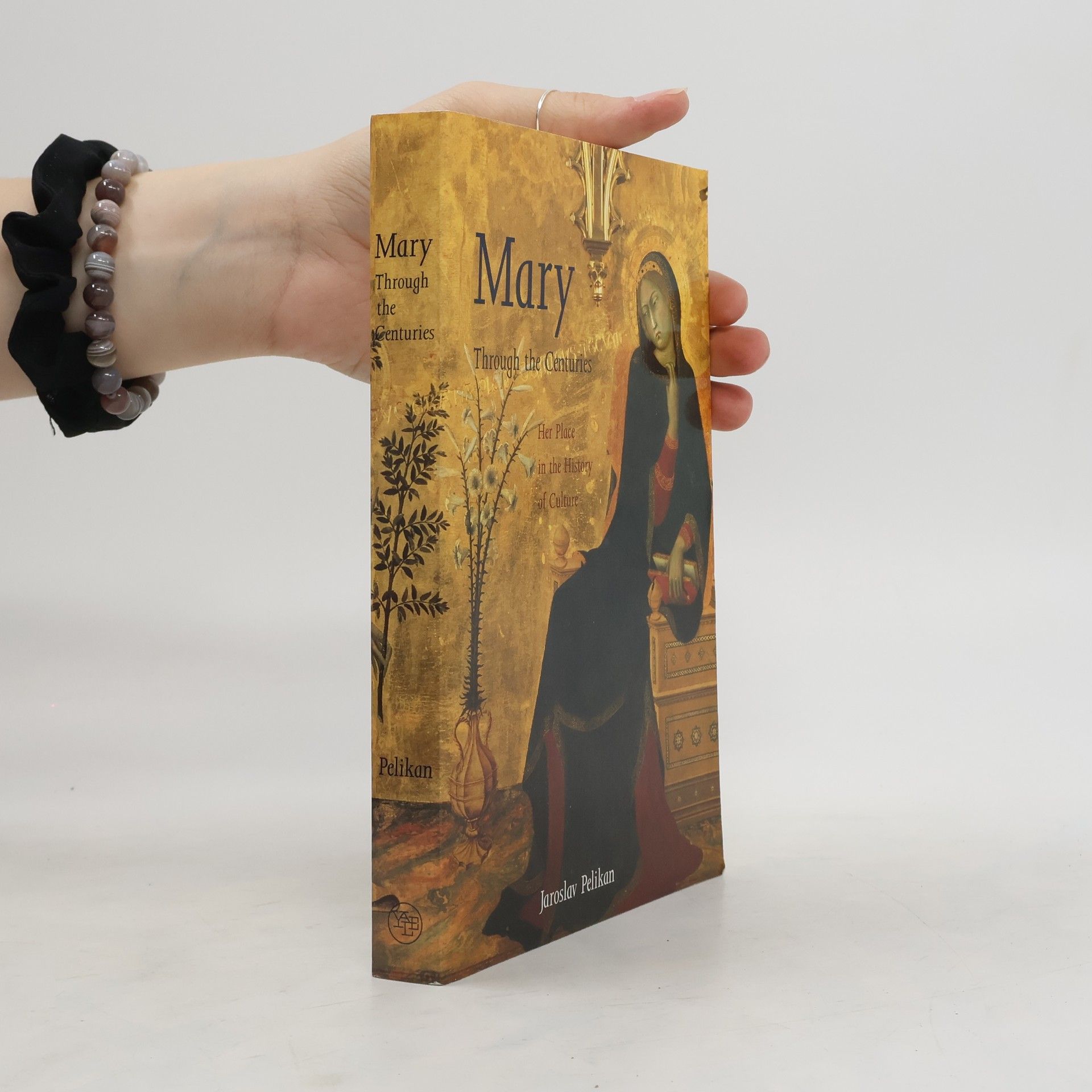
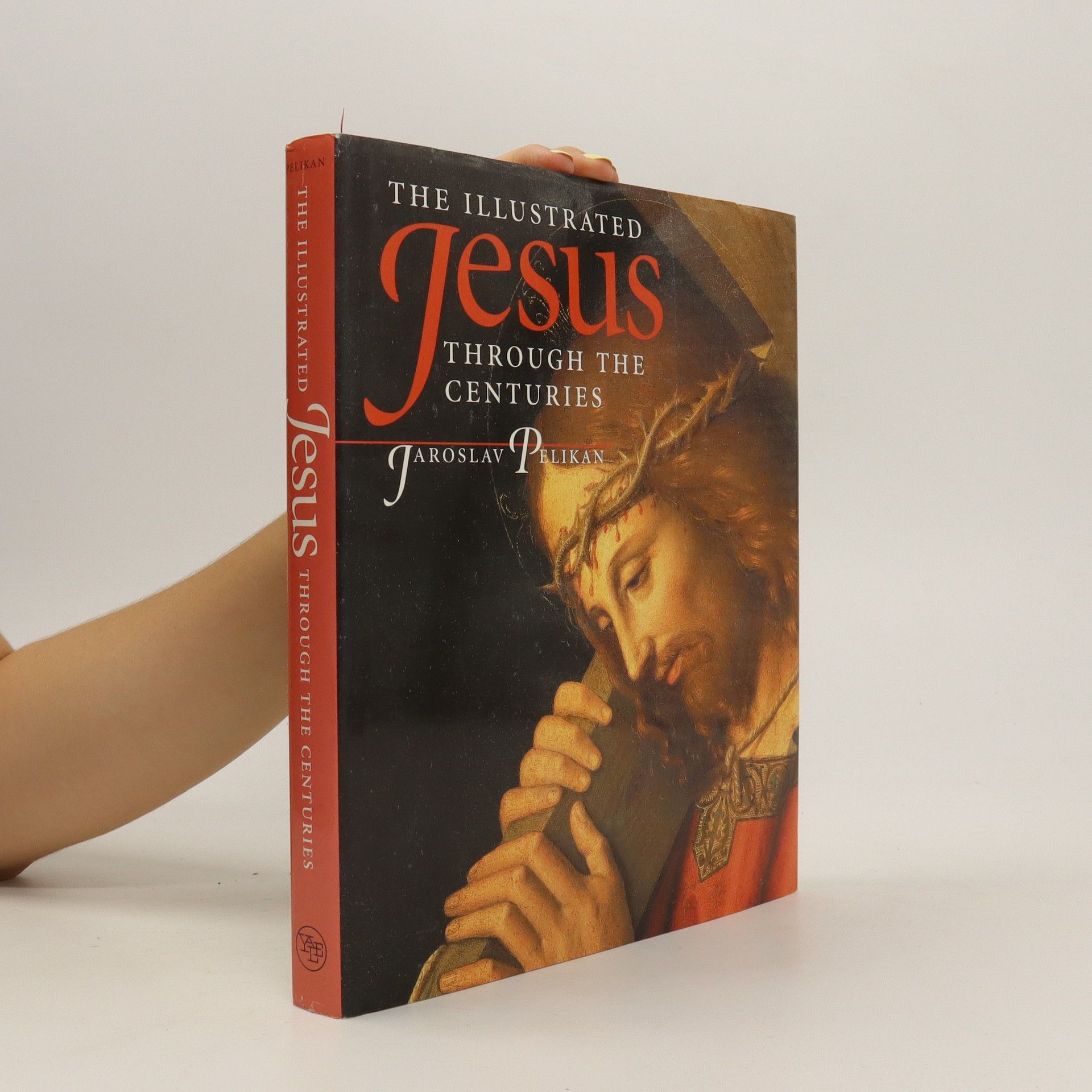
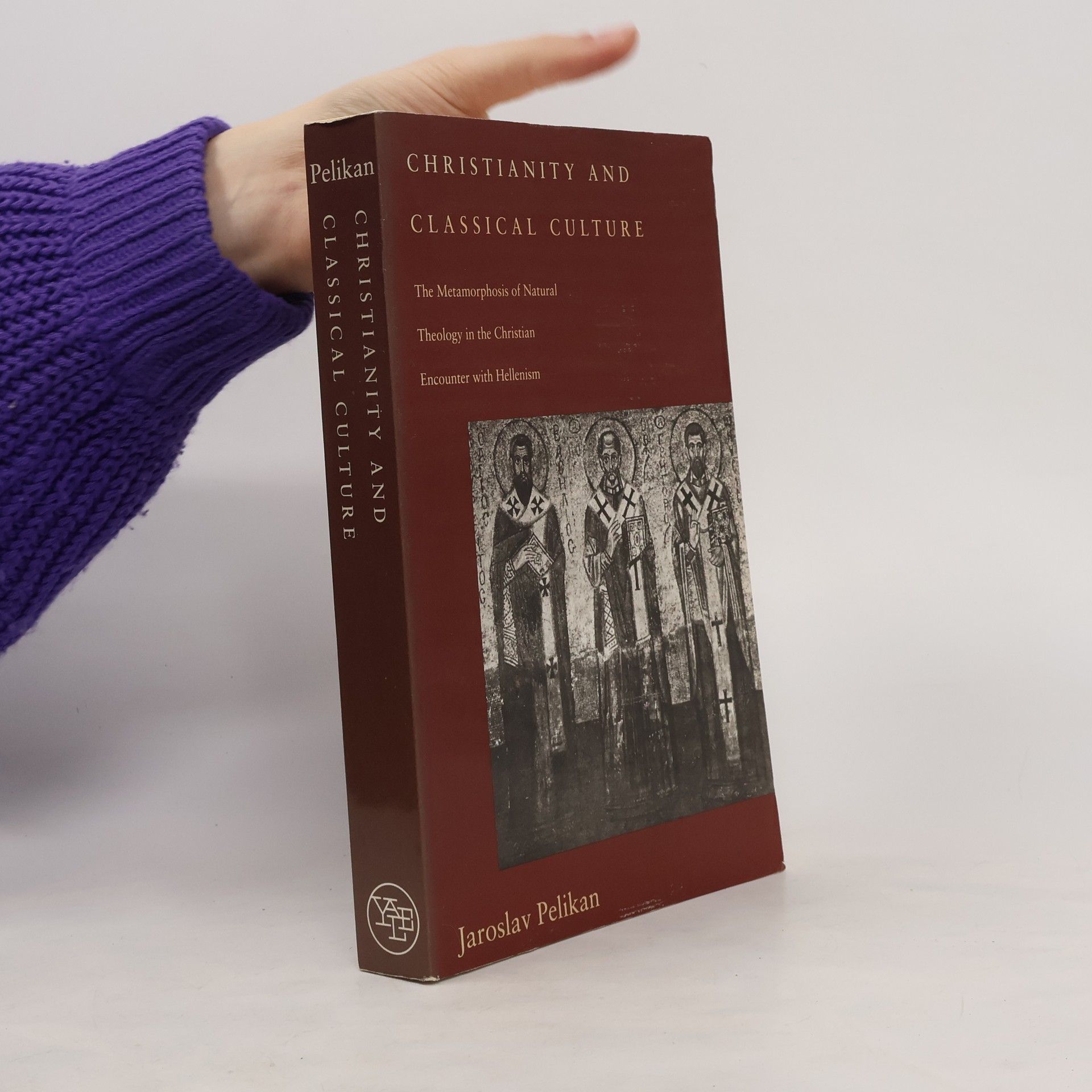
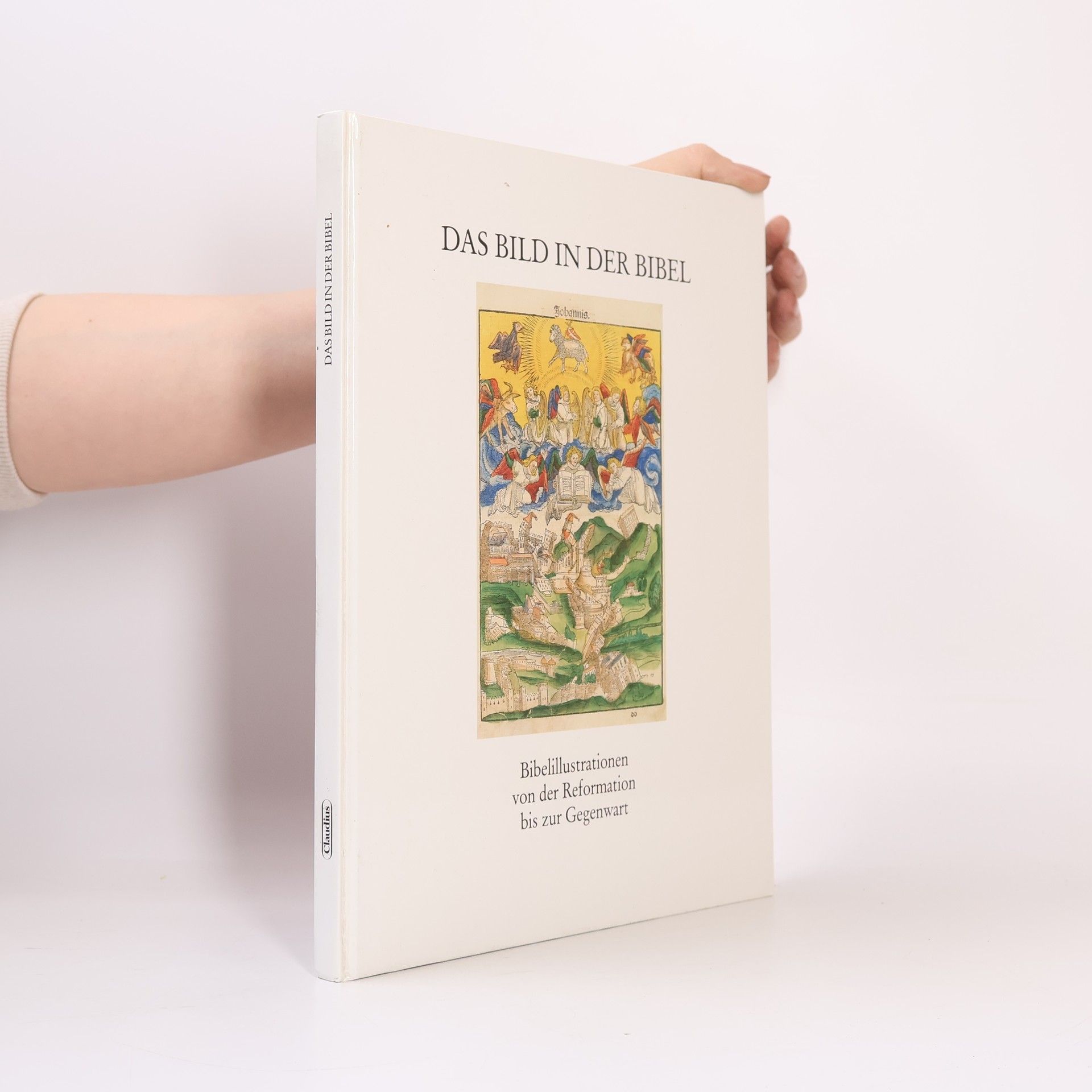
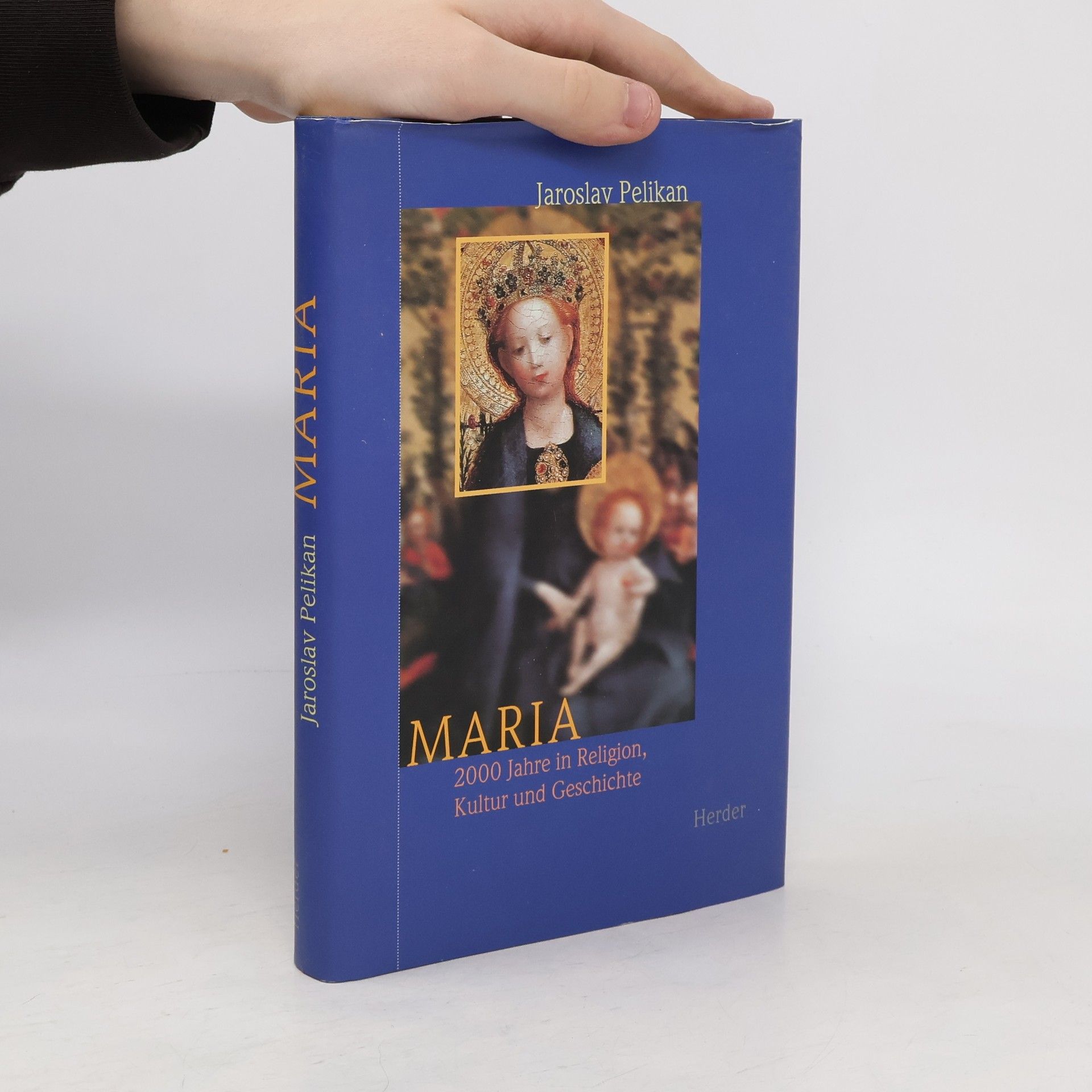

Maria
- 256 Seiten
- 9 Lesestunden
Das Bild in der Bibel
- 148 Seiten
- 6 Lesestunden
Christianity and classical culture
- 384 Seiten
- 14 Lesestunden
The momentous encounter between Christian thought and Greek philosophy reached a high point in fourth-century Byzantium, and the principal actors were four Greek-speaking Christian thinkers whose collective influence on the Eastern Church was comparable to that of Augustine on Western Latin Christendom. In this erudite and informative book, a distinguished scholar provides the first coherent account of the lives and writings of these so-called Cappadocians, showing how they managed to be Greek and Christian at the same time.
Shows how each era has depicted Jesus and describes what this reveals about their religous conceptions
Explores how Mary has been represented in theology, art, music, and literature throughout the ages
In this book, the author meditates on the theological implications of Goethe's Faust. Jaroslav Pelikan reflects on Goethe's statement that he was a pantheist when it came to science, a polytheist in art, and a monotheist in ethics, and he uses it for the first time to analyze Faust's development as a theologian. By so doing, Pelikan enables us to see Goethe's masterpiece in a surprising new light. Pelikan begins by discussing Faust's role as natural scientist or pantheist. He examines Faust's disenchantment with traditional knowledge, considers his interests in geology, oceanography, and optics, and analyzes his perception of nature as a realm inspirited throughout by a single unifying Power. Pelikan next follows Faust on his journeys to the two Walpurgis Nights, where he shows how Faust reveals his delight in the polytheistic extravaganzas of Germanic and especially of Greek mythology. Finally Pelikan describes the operatic finale of the book, where Faust's spirit is drawn upward to salvation by the Eternal Feminine, and he argues that this marks Faust's evolution into moral philosopher and monotheist. Pelikan's analysis thus reveals thematic unities and a dialectical development of Faust's character that have been unnoticed heretofore.
Describes Jesus Christ's changing image throughout history, from rabbi in the first century to liberator in the twentieth, and explains how each version has shaped its era socially, politically, economically, and culturally.
Among the highly regarded works of intellectual history of the past decade. "An enlightening and often dramatic study . . . as stimulating as it is informative."--New York Times
Divine Rhetoric
- 167 Seiten
- 6 Lesestunden
This text explores the influence of speech and language on three interpretations of the Sermon on the Mount, taken from the Latin and Catholic traditions (St. Augustine), the Greek and Orthodox tradition (St. John Chrysostom), and the reformation and Protestant tradition (Martin Luther). schovat popis

